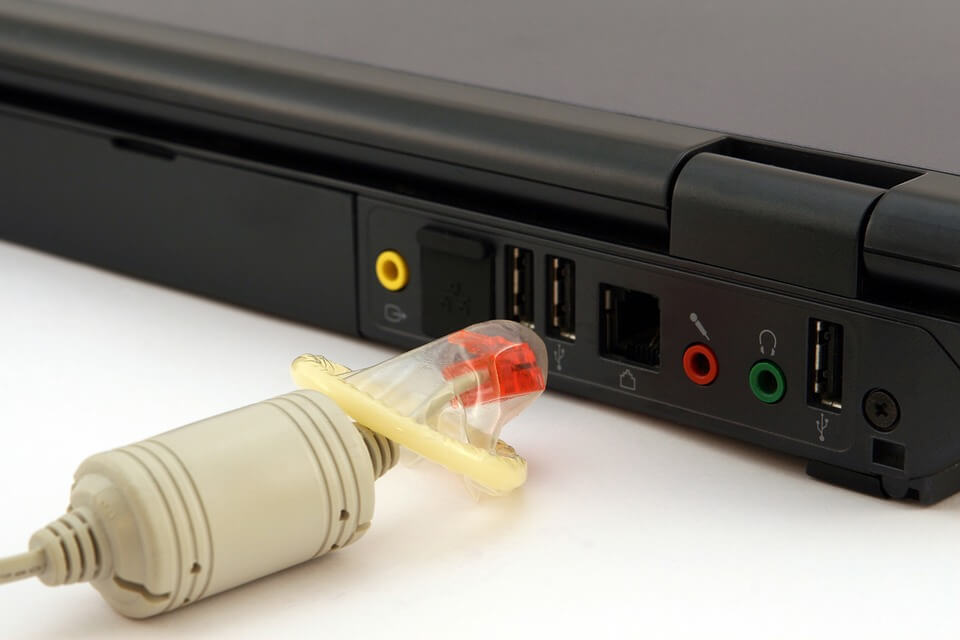
As a sexologist, I have worked with individuals who are concerned about sexually transmitted infections (STIs) and their window period. The window period is the time between when a person is infected with an STI and when the infection can be detected by a test. It’s important to understand the window period for different STIs and to reflect on your sexual behavior and risks, rather than resorting to bargaining behavior.
Common STIs and their Window Periods
The window period for different STIs can vary, depending on the type of test used and the individual’s immune response. Here are some common STIs and their window periods:
- HIV: The window period for HIV can range from two weeks to three months, depending on the type of test used. It’s important to get tested regularly if you are sexually active, especially if you engage in high-risk behaviors such as unprotected sex or sharing needles.
- Chlamydia: The window period for chlamydia is usually one to five days after exposure. However, symptoms may not appear for several weeks, so it’s important to get tested regularly if you are sexually active.
- Gonorrhea: The window period for gonorrhea is usually two to six days after exposure. However, like chlamydia, symptoms may not appear for several weeks, so it’s important to get tested regularly.
- Syphilis: The window period for syphilis can range from 10 days to three months after exposure. It’s important to get tested regularly if you are sexually active, especially if you engage in high-risk behaviors such as unprotected sex or multiple partners.
- Herpes: The window period for herpes can range from two to 12 days after exposure. However, symptoms may not appear for several weeks or months, so it’s important to get tested regularly if you are sexually active.
- Hepatitis B: The window period for hepatitis B can range from one to six months after exposure. It’s important to get vaccinated against hepatitis B and to use protection during sexual activity to reduce your risk of infection.
- Hepatitis C: The window period for hepatitis C can range from two weeks to six months after exposure. It’s important to avoid sharing needles or other drug equipment and to use protection during sexual activity to reduce your risk of infection.
- Human papillomavirus (HPV): The window period for HPV can vary depending on the type of test used. Some HPV tests can detect the virus within a few weeks of exposure, while others may take several months. It’s important to get vaccinated against HPV and to get regular Pap tests or HPV tests if you are sexually active.
- Trichomoniasis: The window period for trichomoniasis is usually five to 28 days after exposure. However, like other STIs, symptoms may not appear for several weeks, so it’s important to get tested regularly if you are sexually active.
Reflecting on Sexual Risks and Behavior
Rather than resorting to bargaining behavior, such as promising to be a “good boy” in the future if you don’t contract an STI, it’s important to reflect on your sexual risks and behavior. This includes:
- Using protection: Using condoms and dental dams during oral, vaginal, and anal sex can greatly reduce your risk of contracting or transmitting STIs.
- Getting tested: Getting tested regularly for STIs, even if you don’t have symptoms, can help detect infections early and prevent the spread of STIs.
- Communicating with partners: Having open and honest communication with your sexual partners about STIs and your sexual history can help reduce the risk of transmission.
- Limiting sexual partners: Limiting your number of sexual partners can also reduce your risk of contracting or transmitting STIs.
When it comes to communicating with your sexual partner about safer sex practices and STI testing, it’s important to approach the conversation in a respectful and non-judgmental way. Here are some tips on how to bring up the topic:
- Start by acknowledging that STIs are a natural part of sexual activity and that you want to take steps to protect both of your health.
- Ask your partner if they have been tested for STIs recently and if they know their sexual health status. If they haven’t been tested or aren’t sure, encourage them to get tested with you.
- Share your own sexual health status and any recent test results you have received. This can help build trust and encourage your partner to be open and honest with you as well.
- Discuss what safer sex practices you both feel comfortable with, such as using condoms or dental dams during oral, vaginal, or anal sex.
- Be open to any questions or concerns your partner may have and listen to their perspective without judgment.
Remember, having an open and honest conversation about safer sex practices and STI testing is an important part of taking care of your sexual health. By working together with your partner, you can reduce the risk of transmission and enjoy a healthy and fulfilling sex life.
As a sexologist, I want to emphasize that contracting an STI does not make someone a bad person. STIs are a common and natural part of sexual activity, and they can happen to anyone. It’s important to get tested regularly and practice safe sex to reduce your risk of contracting an STI, but if you do test positive, know that there are effective treatments available. With early detection and treatment, many STIs can be cured without any long-term health effects. So please don’t let the fear of STIs or the stigma surrounding them prevent you from seeking help and getting the care you need. Remember, having an STI does not define you as a person, and you deserve to be treated with compassion and respect.
If you have concerns about STIs or want to learn more about safe sex practices, I recommend coming to me for a private consultation. As a sexologist, I can provide personalized advice and guidance to help you make informed decisions about your sexual health. Remember, taking care of your sexual health is an important part of overall wellness.
About Dr. Martha Tara Lee
Dr. Martha Tara Lee has been a passionate advocate for positive sexuality since 2007. With a Doctorate in Human Sexuality and a Masters in Counseling, she launched Eros Coaching in 2009 to help individuals and couples lead self-actualised and pleasurable lives. Her expertise includes working with couples who have unconsummated marriage, individuals with sexual inhibitions and discrepancies in sexual desire, men with erection and ejaculation concerns, and members of the LGBTQIA+ and kink communities. Dr. Lee welcomes all sexual orientations and is available for online and face-to-face consultations. Martha speaks English and Mandarin.
She is the only certified sexuality educator by the American Association of Sexuality Educators, Counselors and Therapists (AASECT) in the region (as of 2011) and is also an AASECT certified sexuality educator supervisor (as of 2018). She strives to provide fun, educational, and sex-positive events and is often cited in the media including Huffington Post, Newsweek, South China Morning Post, and more. She is the appointed Resident Sexologist for Singapore Cancer Society, Of Noah.sg, OfZoey.sg, and Virtus Fertility Centre. She is the host of radio show Eros Evolution for OMTimes Radio. In recognition of her work, she was named one of ‘Top 50 Inspiring Women under 40’ by Her World in July 2010, and one of ‘Top 100 Inspiring Women’ by CozyCot in March 2011. She is the author of Love, Sex and Everything In-Between (2013), Orgasmic Yoga: Masturbation, Meditation and Everything In-Between (2015), From Princess to Queen: Heartbreaks, Heartgasms and Everything In-Between (2017), and {Un}Inhihibited (2019).
You can read the testimonials she’s received over years here. For her full profile, click here. Email her here.

 Become a Patron!
Become a Patron!





